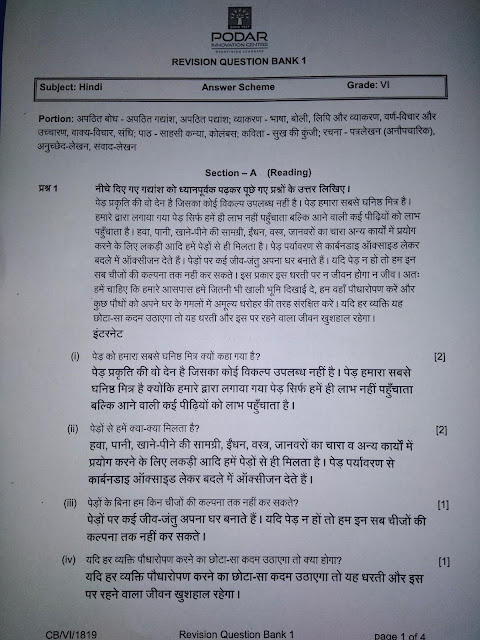STD - VI French CH-4 Grammar
Leçon 4 –
Les trios souhaits
Grammaire-
Ø Les verbs du 2eme groupe –
The verbs of 2nd group are the verbs ending
in –ir. To conjugate –ir verbs,
remove –ir from the infinitive of the verb and add –is, -is , -it , -issons , -issez , -issent.
Example –
a. FINIR b. CHOISIR
je finis je choisis
tu finis tu choisis
il/elle finit il/ elle choisit
tu finis tu choisis
il/elle finit il/ elle choisit
nous finissons nous choisissons
vous finissez vous choisissez
ils/elles finissent ils/elles choisissent
vous finissez vous choisissez
ils/elles finissent ils/elles choisissent
c. RÉUSSIR d. GROSSIR
je réussis je
grossis
tu réussis tu
grossis
il/elle réussit il/elle
grossit
nous réussissons nous
grossissons
vous réussissez vous
grossissez
ils/elles réussissent ils/elles
grossissent
Ø La negation – (changing the sentence into negative form)
·
“Ne…pas”
·
“n’…pas” (ne changes to n’ in front of a word that starts with a vowel, most words
beginning with h and y.)
Ne is placed before the verb and pas is placed after the verb.
Examples –
1) Je ne fume pas.
2) Je ne parle pas.
3) Je n’aime pas.
4) Nous ne finissons pas.
5) Il n’adore pas.
6) Il ne grossit pas.
7) Elle n’a pas fait ses devoirs.
8) Je ne t’entends pas.
ATTENTION- If in negation pas is followed by indefinite article (un/une/des), the indefinite article changes to de/d’. However if the verb in
the sentence is être , there will be
NO change in the article.
Examples –
1) J’ai un livre. Je n’ai pas de livre.
2) Il mange une glace. Il ne
mange pas de glace.
3) Nous
finissons des devoirs. Nous ne finissons pas de devoirs.
But when (être) -
1) C’est un chahier. Ce n’est
pas un cahier.
2) Ce sont des filles. Ce ne sont pas des filles.

